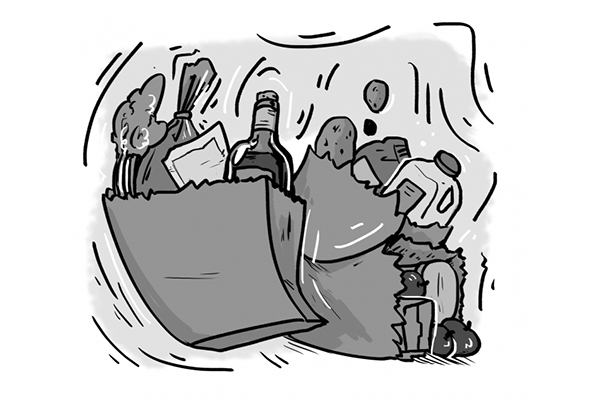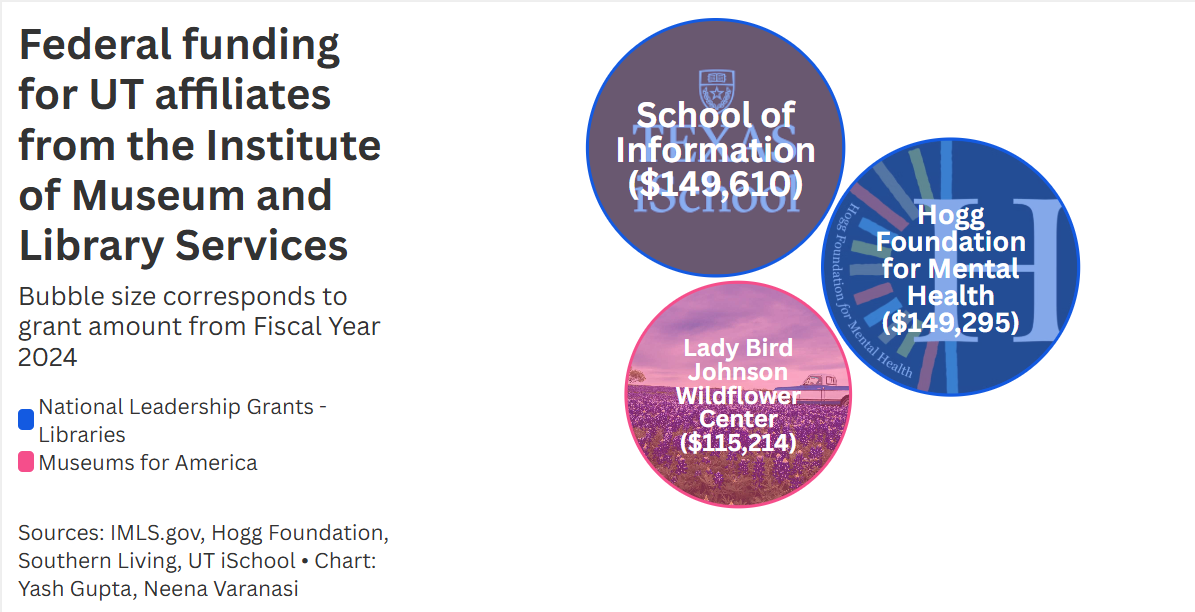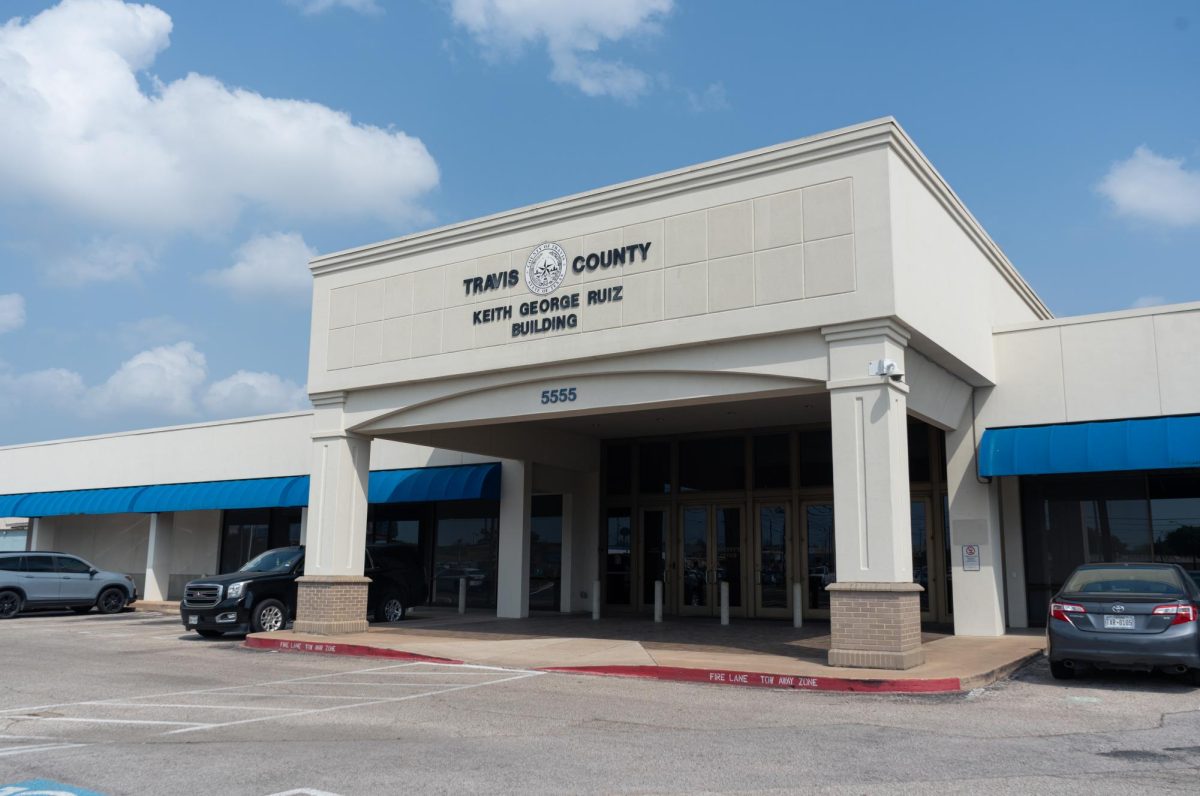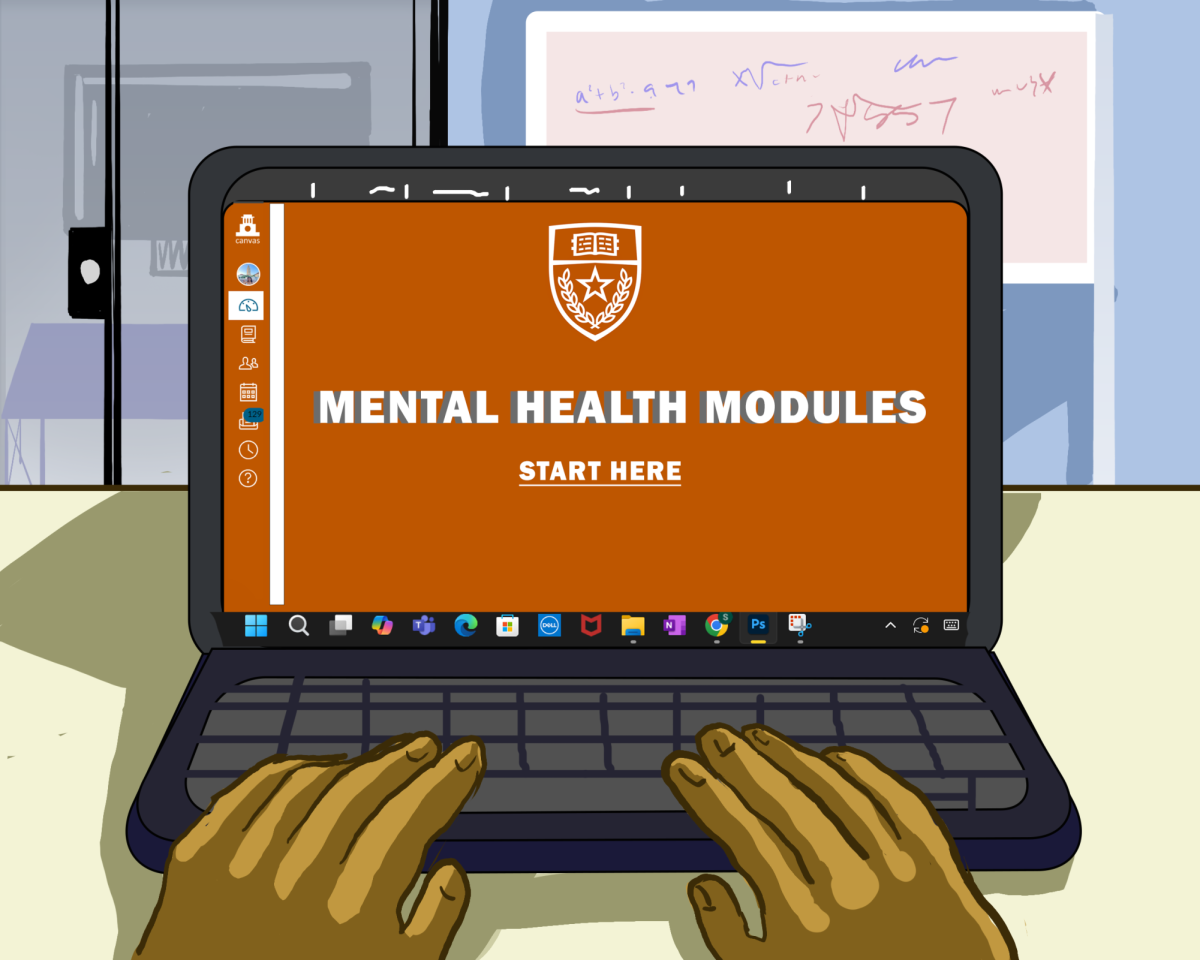A new poll reported 76% of Texans said it’s harder to afford groceries, as the cost of food is increasing faster than their income.
No Kid Hungry Texas, a nonprofit dedicated to ending childhood hunger, released the poll’s findings on Sept. 3 and highlighted a 4% increase in the number of Texas adults and families struggling to afford groceries since last year’s findings.
In July, No Kid Hungry Texas conducted a statewide survey of over 1,100 residents, which revealed that many Texans and their families are forced to compromise on nutrition to cover other living expenses.
“As Texans are struggling to afford groceries, they’re forced to make less healthy choices in the grocery store,” said Mia Medina, senior program manager for No Kid Hungry Texas. “While trying to make ends meet, Texans are having to make difficult tradeoffs (and) having to choose between buying groceries and other essential costs like rent, utilities and gas.”
According to the poll, 81% of Texans report that the cost of food is rising faster than their income, with 70% of Austin residents expressing the same concern.
“The pinch of rising grocery costs is felt by nearly everyone,” Medina said. “Based on this data, and also what we’ve seen in terms of the increase of food pantries at colleges across the nation, this is absolutely felt by college students as well.”
Valeria Martin, assistant director for basic needs, said that 43.7% of students reported experiencing food insecurity in 2023 — a 6% increase from 2021 when 37.7% of students reported facing some level of food insecurity.
“There’s a lot of shame around needing to ask for help (and) not being able to meet your basic needs,” Martin said. “Having (UT Outpost) … is really important to help meet that need so our students can focus on being really great students, instead of having to worry about when their next meal is coming in.”
Michele Hockett Cooper, assistant professor of instruction in the Department of Nutritional Sciences, said many college students believe they are expected to struggle financially and live off inexpensive food like ramen while enrolled. This mindset can negatively impact their academic performance, she said.
“Not having enough food is one of the most debilitating things for a student,” Hockett Cooper said. “If they have to spend their mental bandwidth or their emotional capacity worrying about where their next meal is going to come from … they’re not going to be able to think as clearly. They might be tired in class if they’re not well fed … they’re not going to perform well.”














